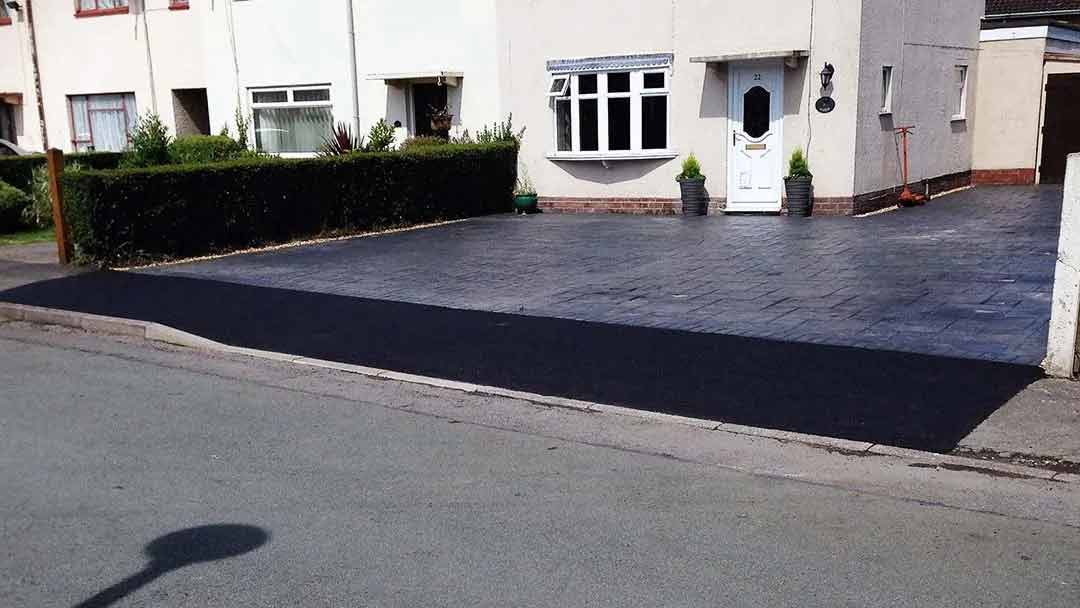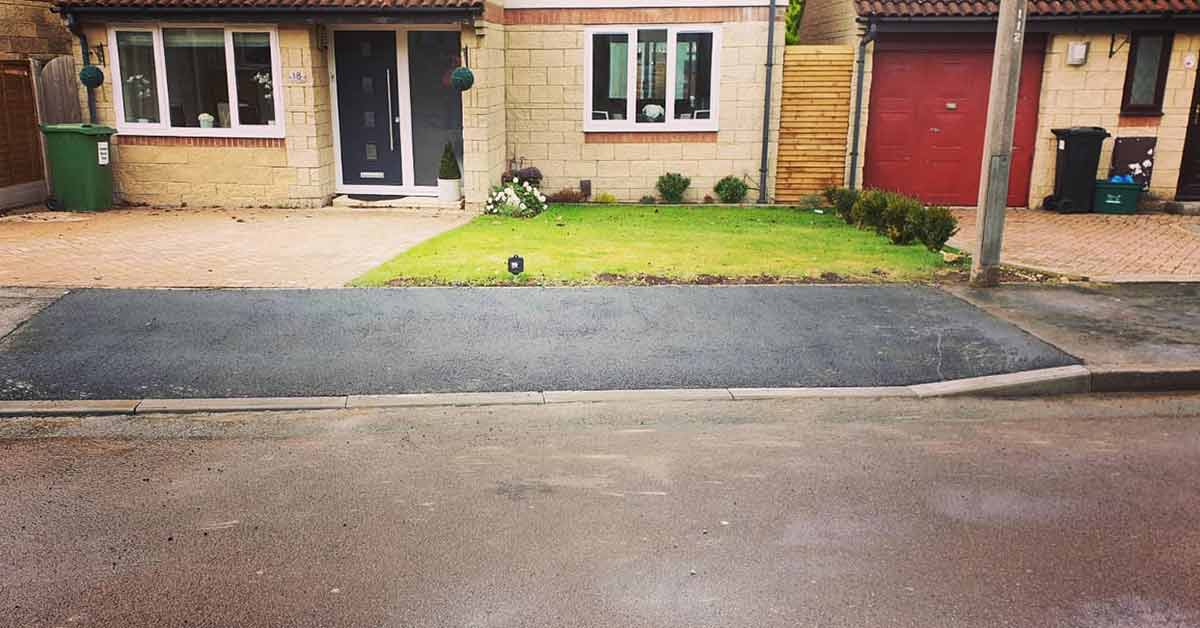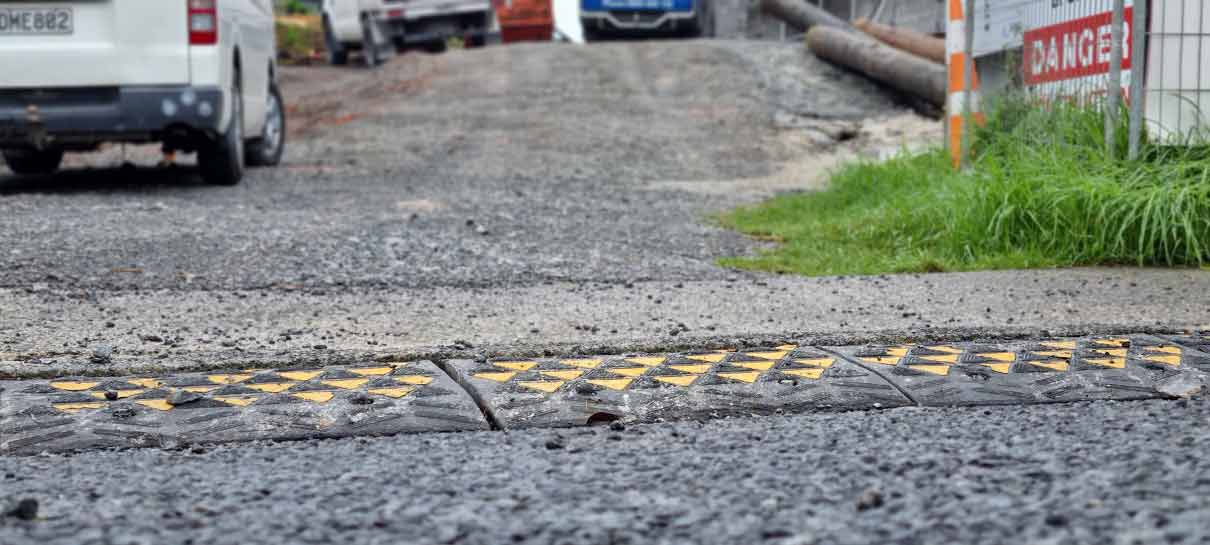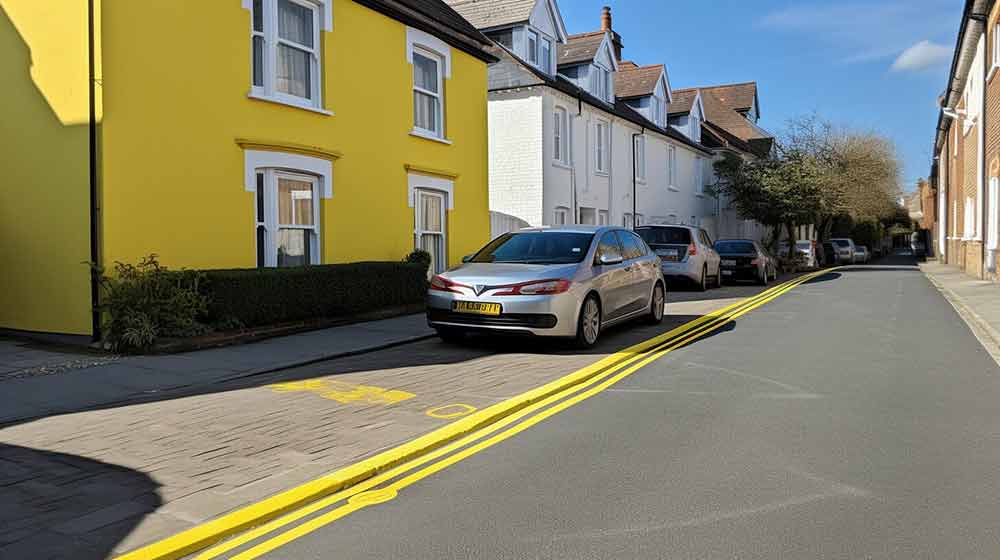
In the United Kingdom, parking on a dropped kerb can result in a Penalty Charge Notice (PCN) and a fine of up to £90. Dropped kerbs are lowered sections of the pavement that provide easier access for people with disabilities or vehicles.
According to Rule 243 of the Highway Code, parking on a dropped kerb is prohibited, unless you are forced to do so by stationary traffic. The enforcement of this parking law is typically done by the local police or council, and complaints should be directed to the council in the first instance.
If a vehicle completely blocks a dropped kerb, it is more likely to receive a PCN compared to if it only partially obstructs access. To avoid any issues, it’s advisable to register your vehicle with the council and obtain permission to park on your own dropped kerb.
It’s important to note that parking across your own dropped kerb is generally not allowed, unless there are marked parking bays present.
On the other hand, parking across someone else’s dropped kerb without permission is considered a parking contravention, and a PCN may be issued by the police or local council.
In some cases, the council may mark a white line below a dropped kerb to indicate where not to park. However, it’s crucial to understand that these markings are advisory in nature and are not enforceable.
So, while a dropped kerb does not always mean no parking, it’s essential to comply with the laws and regulations to avoid receiving a PCN and potential fines.
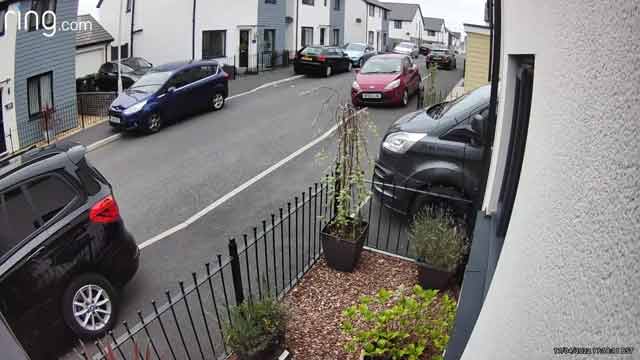
Understanding Dropped Kerbs and Parking Laws
Dropped kerbs, also known as lowered curbs or pavement ramps, are lowered sections of the pavement that provide easier access for people with disabilities or vehicles. These kerbs are an essential feature of pedestrian-friendly infrastructure, allowing individuals using wheelchairs, pushchairs, or mobility aids to navigate smoothly from the pavement to the road. Alongside this important purpose, dropped kerbs also play a crucial role in facilitating vehicle access and improving traffic flow.
Installing a dropped kerb involves modifying the height of the pavement to create a ramp-like structure. This alteration requires professional expertise and adherence to local regulations. The cost of installation varies depending on factors such as the length of the kerb and local labor rates, and it is advisable to consult with local authorities or contractors for accurate cost estimates.
When it comes to parking near dropped kerbs, it is essential to be aware of the relevant laws and regulations. Rule 243 of the Highway Code clearly states that parking on a dropped kerb is generally prohibited, unless stationary traffic forces you to do so. This rule ensures that accessibility for pedestrians and vehicles is not compromised.
Enforcement of dropped kerb laws is typically carried out by the local police or council. In case of any concerns or complaints, it is advisable to contact the local council first. If a vehicle completely obstructs a dropped kerb, it is more likely to receive a Penalty Charge Notice (PCN) than if it only partially obstructs access. Registering your vehicle with the council and obtaining permission to park on your own dropped kerb can help prevent the issuance of a PCN. However, it is important to note that parking across your own dropped kerb is generally not allowed, unless marked parking bays are present. Parking across someone else’s dropped kerb without permission is considered a parking contravention, and the police or local council hold the authority to enforce this and issue a PCN, if necessary. While some councils may mark a white line below a dropped kerb to indicate where not to park, it is important to be aware that these markings are advisory and not legally enforceable.
| Key Points: Understanding Dropped Kerbs and Parking Laws |
|---|
| Dropped kerbs provide easier access for people with disabilities or vehicles. |
| Installation of dropped kerbs involves modifying the pavement height. |
| Parking on a dropped kerb is generally prohibited, except in cases of stationary traffic. |
| Local police or council enforce dropped kerb laws. |
| Completely blocking a dropped kerb is more likely to result in a PCN. |
| Registering your vehicle with the council can prevent PCNs for parking on your own dropped kerb. |
| Parking across someone else’s dropped kerb without permission is a parking contravention. |
| White line markings below dropped kerbs are advisory and not enforceable. |
Conclusion
It is important to adhere to the rules regarding dropped kerbs and parking to avoid receiving a Penalty Charge Notice (PCN) and potential fines. Parking on a dropped kerb can result in a PCN and a fine of up to £90. Dropped kerbs are lowered sections of the pavement that provide easier access for people with disabilities or vehicles.
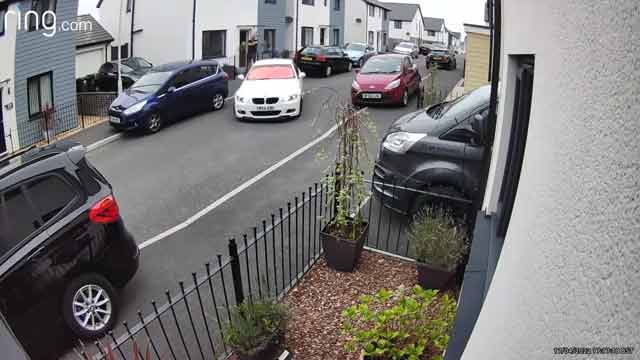
Rule 243 of the Highway Code clearly states that parking on a dropped kerb is prohibited, except when stationary traffic forces you to do so. Enforcement of the dropped kerb law is typically done by the local police or council, and complaints should be directed to the council in the first instance.
If a vehicle completely blocks a dropped kerb, it is more likely to receive a PCN than if it only partially obstructs access. Registering your vehicle with the council and obtaining permission to park on your own dropped kerb can help prevent receiving a PCN.
It is worth noting that parking across your own dropped kerb is generally not allowed, unless marked parking bays are present. Additionally, parking across someone else’s dropped kerb without permission is considered a parking contravention and can result in a PCN being issued by the police or local council.
In some cases, the council may mark a white line below a dropped kerb, indicating where not to park. However, it is important to understand that these markings are advisory and not enforceable. Therefore, it is crucial to exercise caution and ensure that you do not park in a way that obstructs vehicular access to a dropped kerb, even if there are no visible markings.
By adhering to the rules and regulations surrounding dropped kerbs and parking, you can help ensure the accessibility and safety of those who rely on these lowered sections of the pavement.
Call us to get a price quote on a drop-kerb. Contact us today on 07595 510190 to receive a free quote or visit our website.

